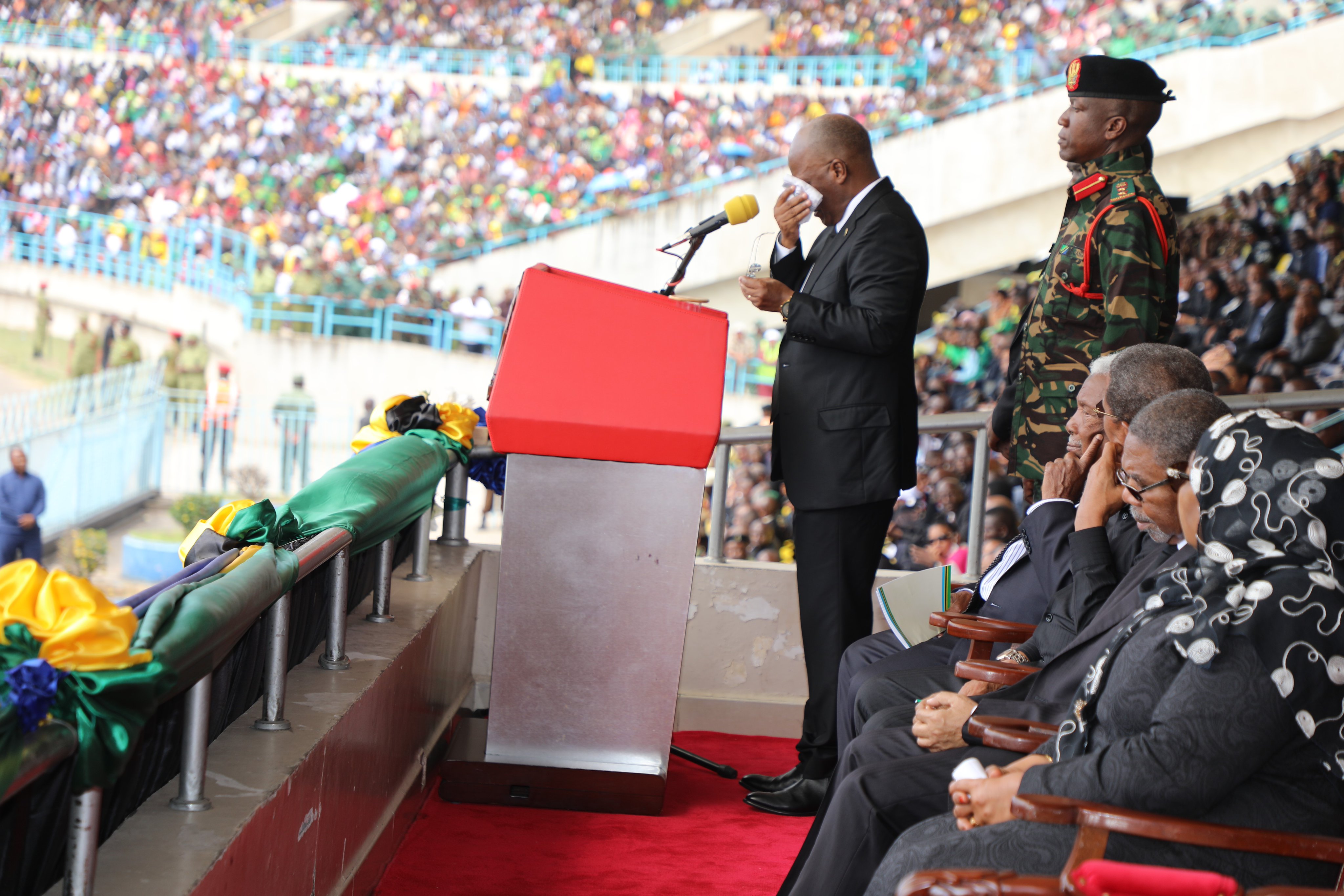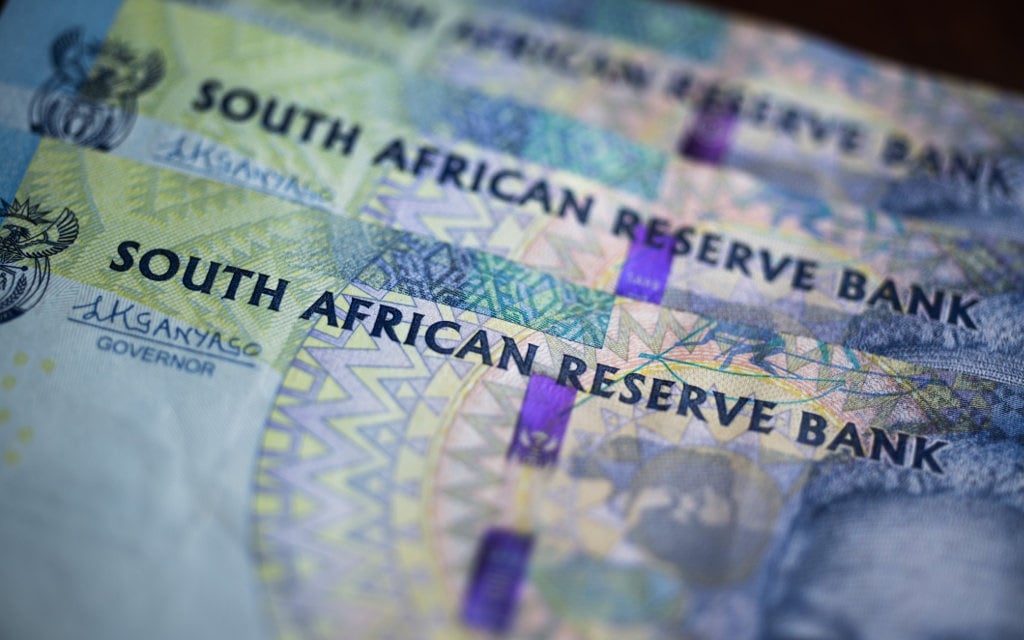By Osoro Nyawangah, DAR ES SALAAM
Tanzania
A Tanzanian citizen, Samir
Ibrahim, is among 50 shortlisted finalists of 2020 “Africa’s Business Heroes”Competition vying for US$1.5 million prize, with seven South Africans among
others.
Samir is a co-founder and Chief Executive
Officer for SunCulture, a Kenya based solar irrigation company in Africa.
Eight years ago,
after graduating from New York University’s Stern School of Business, and
quitting his job at PricewaterhouseCoopers, Samir who is a Zanzibari, ended up
in Kenya where, together with a partner, co-founded SunCulture.
2020 Africa’s Business Heroes (ABH) prize competition, is a
flagship philanthropic program established by the Jack Ma Foundation’s Africa
Netpreneur Prize Initiative (ANPI).
The fifty entrepreneurs will continue their
journey in the competition, for a chance to become one of the ten entrepreneurs
that will compete in the grand finale later this year.
The top 50 finalists were selected from a pool
of over 22,000 applications received from all 54 African nations.
The diversity of the finalist roster reflects
the aim of Africa’s Business Heroes to be inclusive and grassroots, providing
entrepreneurs from all over Africa with a platform to showcase their talent and
business ideas, regardless of nationality, industry, age, or gender.
The 2020 top fifty finalists come from
twenty-one countries (Algeria, Benin, Botswana, Cameroon, Côte d’Ivoire,
the Democratic Republic of the Congo, Egypt, Ethiopia, Ghana, Kenya, Liberia,
Morocco, Mozambique, Namibia, Nigeria, Senegal, South Africa, Tanzania,
Tunisia, Uganda, Zimbabwe) and eighteen sectors, such as agriculture, AI,
Big Data, business services, construction, education, engineering, e-commerce,
fashion, financial services, healthcare, ICT, logistics, manufacturing,
management services, retail, renewable energy, and transportation.
The average age of the cohort
is 37 with the youngest candidate aged 22 and the eldest aged
64. 50% of the candidates are female – a 24% increase from
the debut competition last year, and 32% are francophone, reflecting this
year’s competition opening applications in French for the first time.
Over the past month, a panel of 140 highly
skilled and experienced judges reviewed the submissions, evaluating applicants’
leadership and vision, their ability to translate their innovations and ideas
into sustainable and robust business models, and their commitment to create a
positive impact to uplift their communities.
Judges, whose unrivalled knowledge and industry
expertise has brought immense added value to the selection process, represented
a variety of key sectors in Africa, such as agriculture, tech, retail and
e-commerce, education, healthcare, finance, logistics, and tourism.
Before stepping into the second round of
selection, which will determine the top 20 finalists, the fifty selected
entrepreneurs will be invited to join an exclusive virtual boot camp
hosted by Africa’s Business Heroes team on July 28.
The boot camp represents a further opportunity
for aspiring candidates to access unparalleled knowledge and insights from
across the ABH network.
It also aims to build up finalists’ management
and leadership capabilities and ultimately increase not only their chance of
progressing to the next stages of the competition but to further develop as
entrepreneurs.
During the boot camp, they will have the chance
to receive feedback from round 1 judges such as Rafeh Saleh, Director of
the Founder Institute, and Omolara Awoyemi, Senior Program Manager at
Facebook.
Participants will also have the opportunity to
attend interactive workshops with industry and business leaders, who have been
partnering with ABH this year, including Abdelhameed Sharara, Founder
& CEO of RiseUp; Patrick Awuah, Founder & President of
Ashesi University, and Sebastien Nony, General Partner of Janngo Capital.
It will also feature a few of the 2019
finalists who will provide advice and insights on their own journeys.
The selection process to spotlight the 2020
Africa’s Business Heroes finalists will continue throughout the summer.
Following round 2 interviews and the
semi-finale pitch, the top 20 and top 10 finalists will be announced in August
and September respectively. ABH will culminate in a grand finale show later
this year, where the top 10 finalists will take the stage to pitch business
legends – including Jack Ma – for a chance to win their share of a US$1.5
million prize pool.
A number of round 1 judges commented on their
experience with Africa’s Business Heroes, noting:
“I am thrilled to have served as a judge for
Africa’s Business Heroes competition. It’s been an honour to help identify
business heroes from Africa that are genuinely committed to changing the game
in their respective industries. In these challenging times, getting to discover
how the ABH applicants manage to turn challenges into opportunities, with a
real sense of purpose and dedication to improve the conditions of people in
their communities strengthens my belief in the promise of entrepreneurship in
Africa.” said Isadora Bigourdan Bryden, Team Lead at Agence Française de
Développement.
“Driven by the spirit of entrepreneurship, the
tangible benefits of social good, and a strong sense of community pride, this
startup competition is special – showcasing many promising ideas and a diverse
group of African startups. It’s been inspirational to see these founders,
deeply rooted and passionate, create change in their
world.” commented Triane Chang, Silicon Valley Startup Advisor.
“It is truly heartwarming to see that so many
young entrepreneurs are working passionately to drive high-impact social
projects across the African continent. The judging process was not an easy task
as all participants submitted very high-quality applications with compelling
business propositions. As the competition progresses, I look forward to
following the finalists’ journey and how they will use their talent and skills
to generate positive change in their communities and
beyond.” added Firas Ezzeddine, Manager, Group Strategy at Philips. -
Africa














